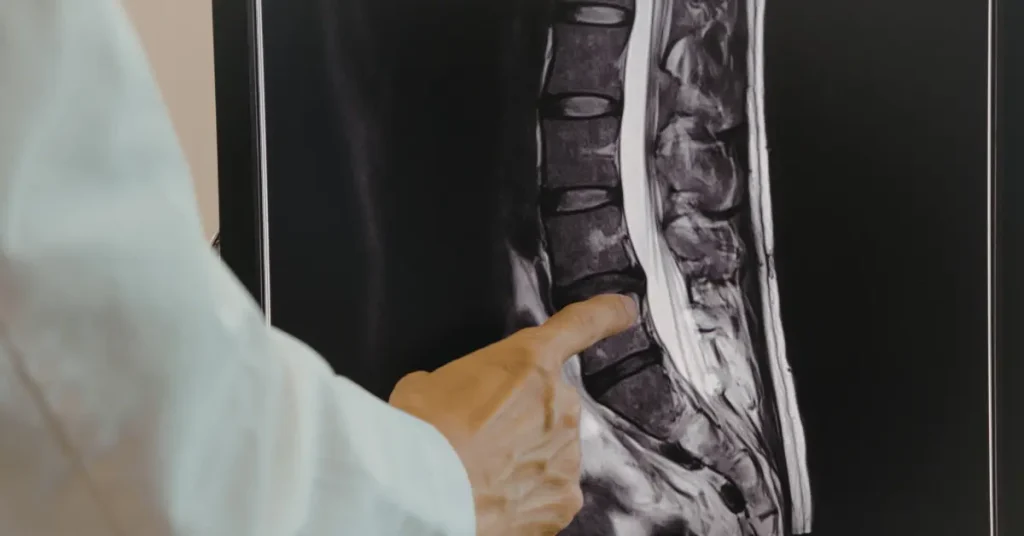[et_pb_section][et_pb_row][et_pb_column type=”4_4″][et_pb_text]A leading medical expert in the United Kingdom has stated that the material used in the mesh is not safe when treating incontinence. The use of vaginal mesh is currently suspended in the UK, pending the results of an independent safety review after thousands of women reported devastating complications. More than 100,000 people are suing in the United States in relation to injuries and illnesses that, they claim, came about due to the use of vaginal mesh.
Expert Chartered chemist Dr Chris DeArmitt has been called upon during court action against vaginal mesh manufacturers. To date he has assisted over 9,000 women is have their legals actions settled with awards. Speaking to Sky News Dr DeArmitt, who is a consultant to the top technology firms in America, stated that the material used in the mesh is not safe for the intended use and that polypropylene plastic should not be used inside the body. Dr DeArmit believes the material is rejected by the body and the mesh degrades once inside the person, although manufacturers say the material is safe. He commented: “There are two main reasons why any plastics material expert will tell you just obviously that this is a bad material and I have never heard anyone who disagrees with me. I see an absolute disregard for proper testing. Testing is way less than you would see on a vacuum cleaner or a washing machine. It’s shocking. I’ve never seen anything like it in my career.”
There have been several cases in Ireland in relation to this issue already. In 2017 there were multiple cases initiated. Legal counsel for the women said that the women, who had undergone the procedure became aware of the issue after seeing new reports in the United Kingdom on legal actions for the same issue. It was only at this point that they became aware of the connection between their health issues and the device.
Vaginal mesh is once again appearing in the headlines and becoming the focus of increased scrutiny thanks to the efforts of the many campaigners. Many of these people are women who have suffered chronic pain, of not being able to have sex, not being able to work, who struggle to walk due to the use of vaginal mesh. Injuries such as these normally occur when mesh has cut through organs, embedded into tissue and left permanent nerve damage.
Previously in 2019 the US regulator, the FDA, banned the sale and distribution of all mesh that was to be used for treating pelvic organ prolapse due to the many safety issues of the general public. The use is currently suspended in the UK but, once this suspension is lifted, The National Institute for Care and Excellence has stated that it will be offered as a potential alternative form of treatment for women suffering from various injuries. A statement from NICE said: “The benefits and risks of each type of treatment are laid out to ensure every woman is fully informed. Where the evidence is limited, this is also highlighted. There are a number of procedures recommended by NICE, including mesh procedures.”
If you have been affected by any of the above and would like to talk in confidence, please contact
[email protected][/et_pb_text][/et_pb_column][/et_pb_row][/et_pb_section]



